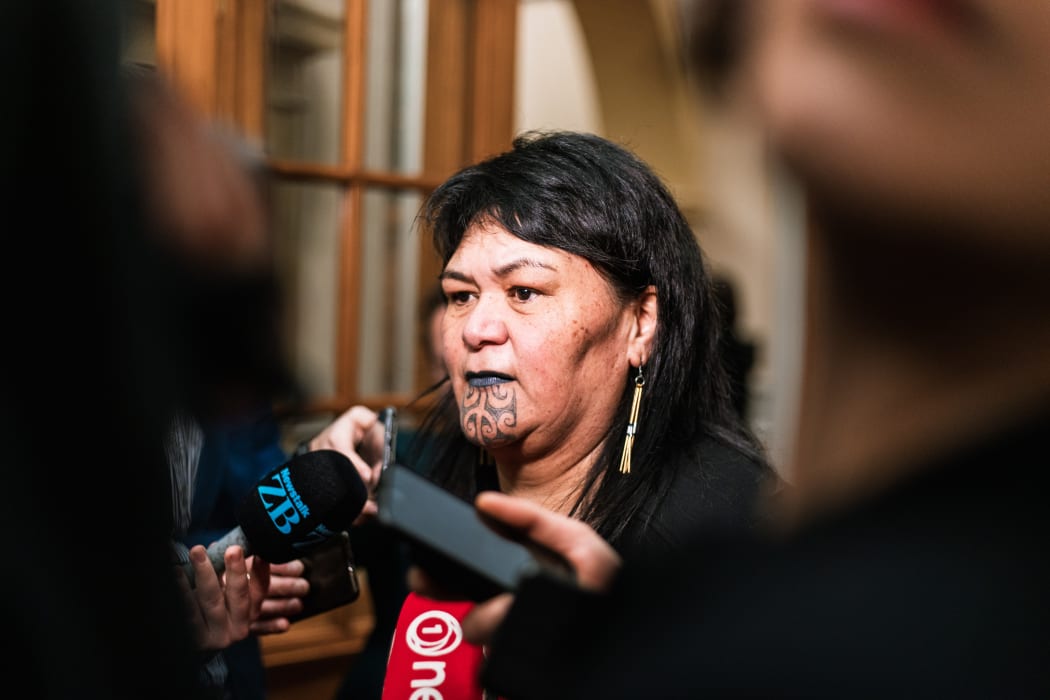Officials will no longer have the power to enter marae without a warrant under the government's Water Services Bill.

Local Government Minister Nanaia Mahuta. Photo: RNZ / Samuel Rillstone
The bill plans to impose tighter restrictions on drinking water suppliers which can include marae.
A clause allowing warrantless entry into marae was widely opposed around the country earlier this year, with dozens of submissions from iwi and hapū demanding tino rangatiratanga over their wāhi tapu or sacred spaces.
Following recommendations by a select committee, Local Government Minister Nanaia Mahuta has now amended the bill.
"This includes addressing the concern that the bill contained a power of warrantless entry which extended to marae," she said.
"The committee made recommended changes which we have taken on board through an SOP which amends the original bill. One of those changes is that entry to marae will now require consent, in the same way that it does for private homes."
Some marae were also concerned about the costs associated with developing Drinking Water Safety Plans.
Many operate on a voluntary basis and would struggle to afford compliance costs like these.
Mahuta said smaller suppliers could now be exempt.
"There is also a change to remove the requirement to have drinking water safety plans for small suppliers that adopt acceptable solutions. I am assured that this will reduce the compliance burden on these suppliers, including marae," she said.
The Water Services Bill is the government's response to an inquiry into the Havelock North drinking water crisis, which found a systemic failure of water suppliers to meet the high standards required for the safe supply of drinking water.
Mahuta said everybody should be able to get drinking water from the tap, knowing that it was safe.
"We should be able to swim or gather kai in our rivers, lakes, or at the beach, without fear that our whānau will become sick. Right now, this is unfortunately not the case," Mahuta said.
"The vast majority of New Zealand's waterborne illness cases occur sporadically and are never linked to a particular outbreak. It is conservatively estimated that 35,000 cases of acute gastrointestinal illness are contracted from reticulated drinking water each year.
"We believe these to be an underestimation of the true incidence of illness due to the large number of visitors in small, non-compliant townships and the under-reporting of waterborne illnesses."



